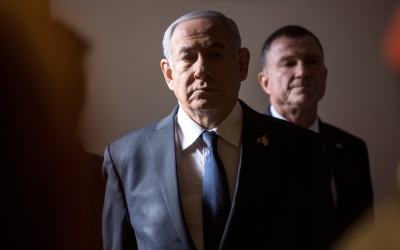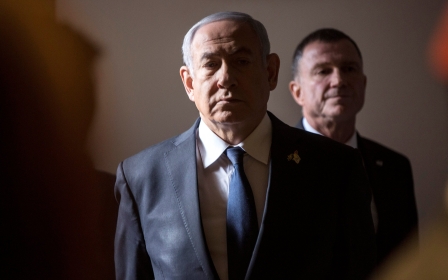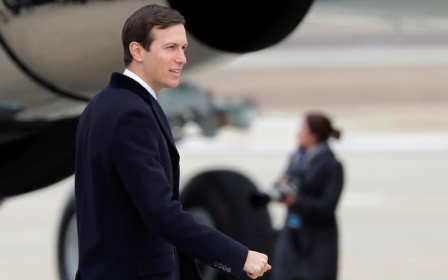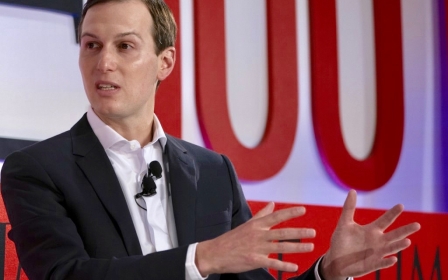Hezbollah warns US plan may permanently settle Palestinian refugees in host countries
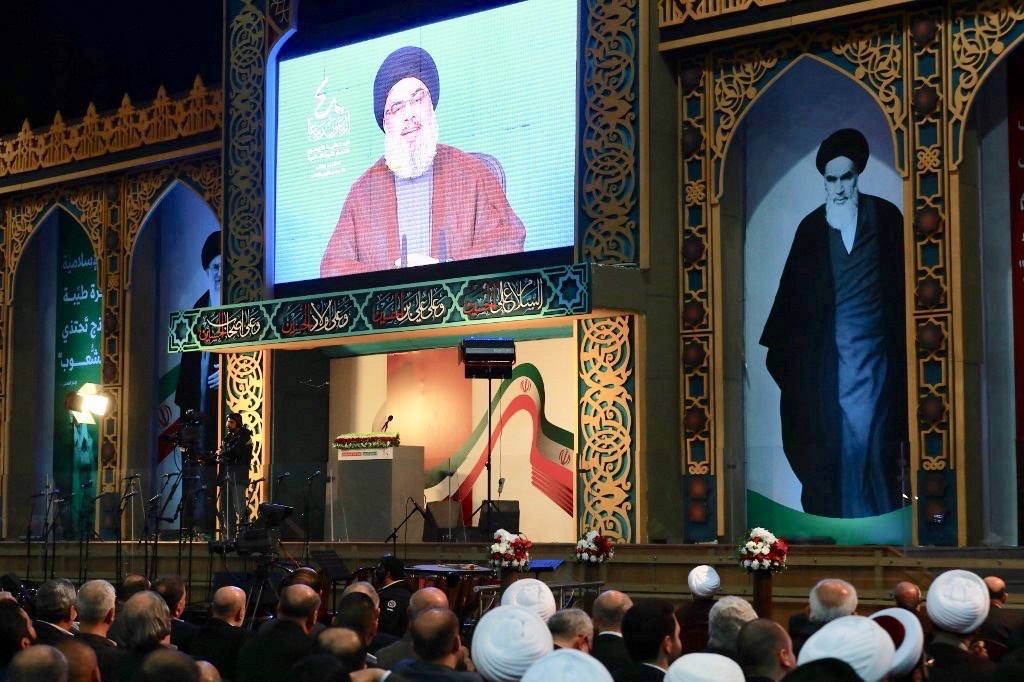
The head of Lebanon's Shia movement Hezbollah warned on Saturday that a long-delayed US peace plan may see Palestinian refugees permanently settled in host countries across the region.
Speaking days after the US announced a conference in Bahrain to lay out economic aspects of its long-awaited Israeli-Palestinian peace plan, Hezbollah chief Hassan Nasrallah warned of an "ominous deal aimed at eliminating the Palestinian cause", AFP reported.
Nasrallah urged Lebanon and the Palestinians to reject the US plans, the Jerusalem Post reported. He also praised the Palestinians for their unity in the face of US demands. Even though the Palestinians are divided between the leadership in Ramallah and Gaza, both Fatah and Hamas oppose the US plan.
He said the conference's focus on economic issues "may open the door wide open to the question of naturalising the Palestinian brothers in Lebanon and the countries where they are located".
The right of return for more than 700,000 refugees who were expelled or fled during the creation of Israel in the late 1940s - and their millions of descendants - is a key pillar of the Palestinian cause.
The vast majority cling tightly to hopes, enshrined in a key UN Security Council resolution, of returning to lands their families once owned, but which are now inside Israel.
About 174,000 Palestinian refugees live in Lebanon, according to a census by national authorities in 2017.
The UN estimates there are tens of thousands more.
Lebanon's Palestinian camps suffer poverty, overcrowding, unemployment, poor and dangerous housing conditions and a lack of infrastructure.
Today, "it's not enough to say we're all against naturalisation - the danger of naturalisation is approaching," Nasrallah said during a televised address marking the 19th anniversary of Israel's withdrawal from southern Lebanon.
He called for an urgent meeting between government and Palestinian officials in Lebanon to "develop a plan to confront the danger".
The Palestinians have boycotted the US administration since December 2017, when US President Donald Trump broke with decades of international consensus and recognised Jerusalem as Israel's capital.
Trump has also recognised Israeli "sovereignty" over Syria's Golan Heights, cut off funding to the UN agency for Palestinian refugees UNRWA and halted aid to East Jerusalem hospitals that treat Palestinian patients.
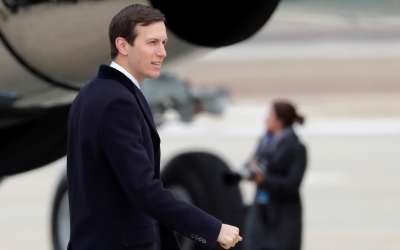
Palestinians consider the eastern part of the city the capital of their future state and fear the US plan will be heavily biased in favour of Israel.
The Trump administration is expected to unveil the economic segment of its long-awaited plan at the Bahrain conference next month.
The Palestinian leadership has said it will boycott the 25-26 June meeting in Manama, where the declared aim is to promote Palestinian prosperity as part of Trump's "deal of the century".
PLO Secretary-General Saeb Erekat said on Friday that the Palestinians have not authorised anyone to speak or negotiate on their behalf at the US-led conference, the Jerusalem Post said.
In an implicit criticism of Arab countries that have agreed - or are inclined to agree - to attend the conference, Erekat said in an interview with the Hezbollah-affiliated Al-Mayadeen television network: “As for those who are going - and this is their decision - we did not authorise anyone to speak in our name. If the Palestinian people are not there, and if the Palestinian leadership is also not there, why are they participating?”
The Bahrain conference may see large-scale investment pledges for the Palestinian territories but is unlikely to focus on the political issues at the core of the conflict, including the question of Palestinian refugees and that of a two-state solution.
Jared Kushner, Trump's adviser and son-in-law who has been tasked with putting the plan together, has refused to even comment on whether the proposal would lead to an independent Palestinian state.
Middle East Eye delivers independent and unrivalled coverage and analysis of the Middle East, North Africa and beyond. To learn more about republishing this content and the associated fees, please fill out this form. More about MEE can be found here.


